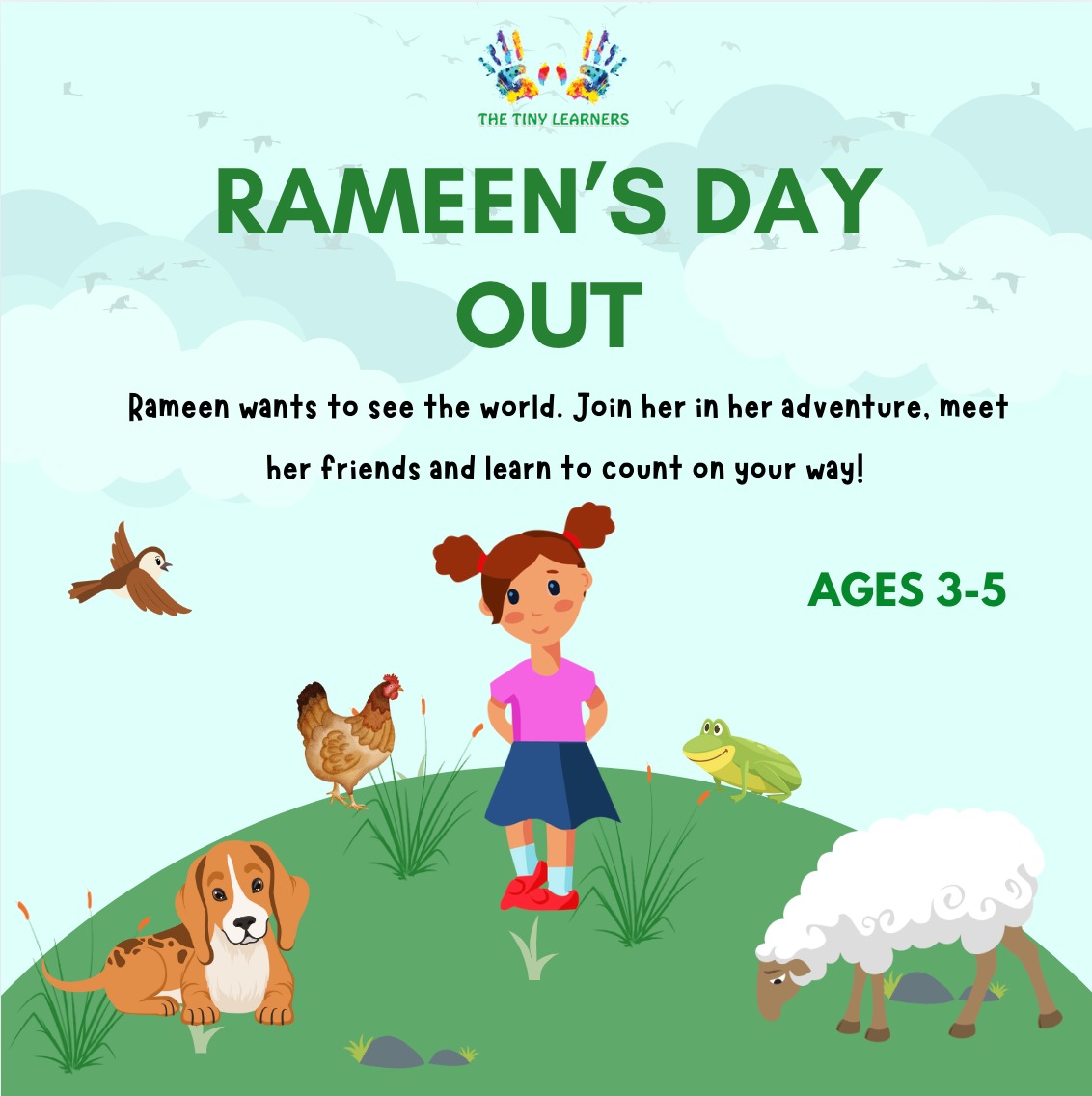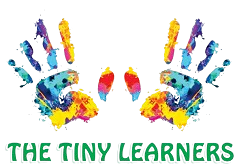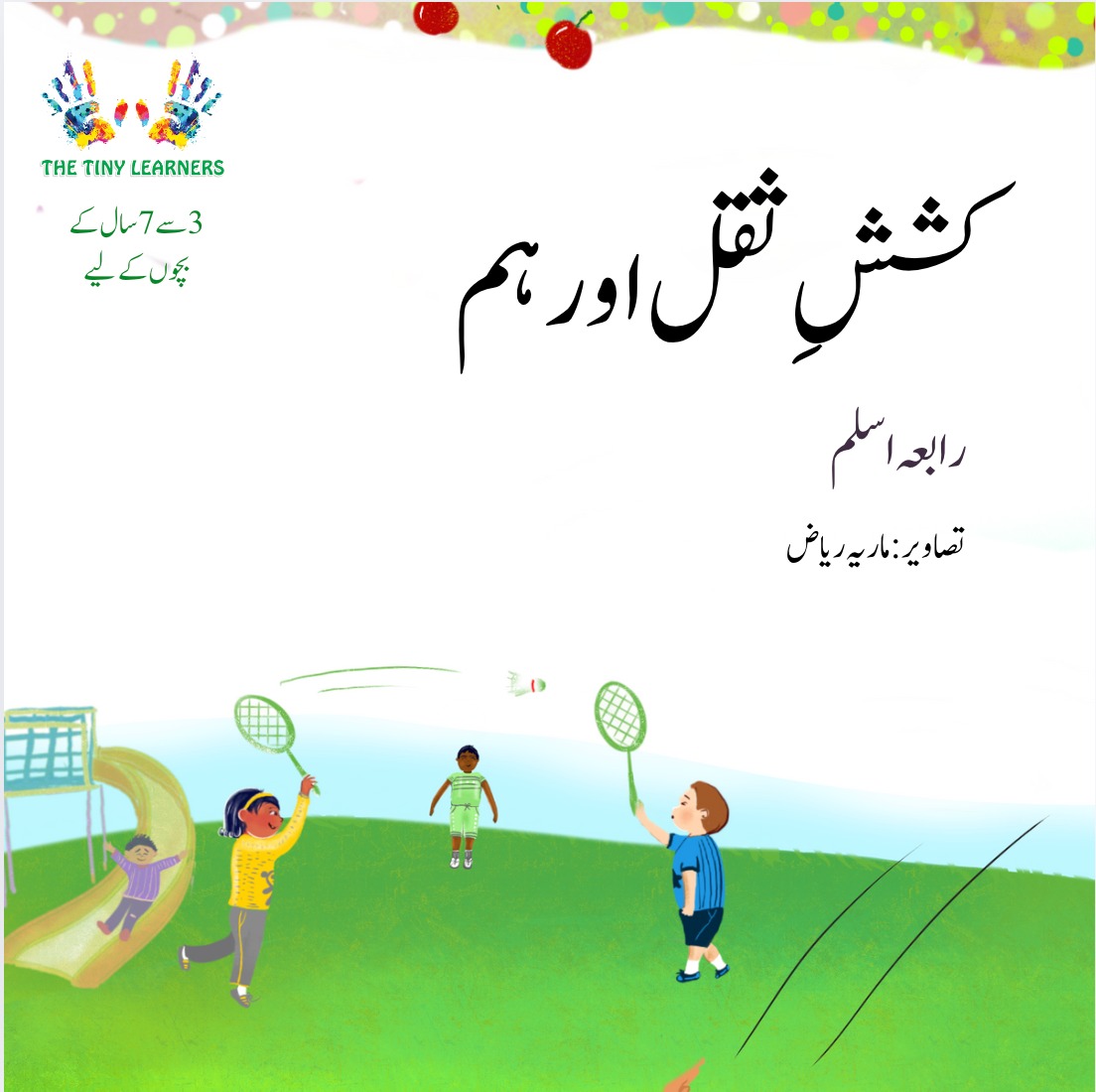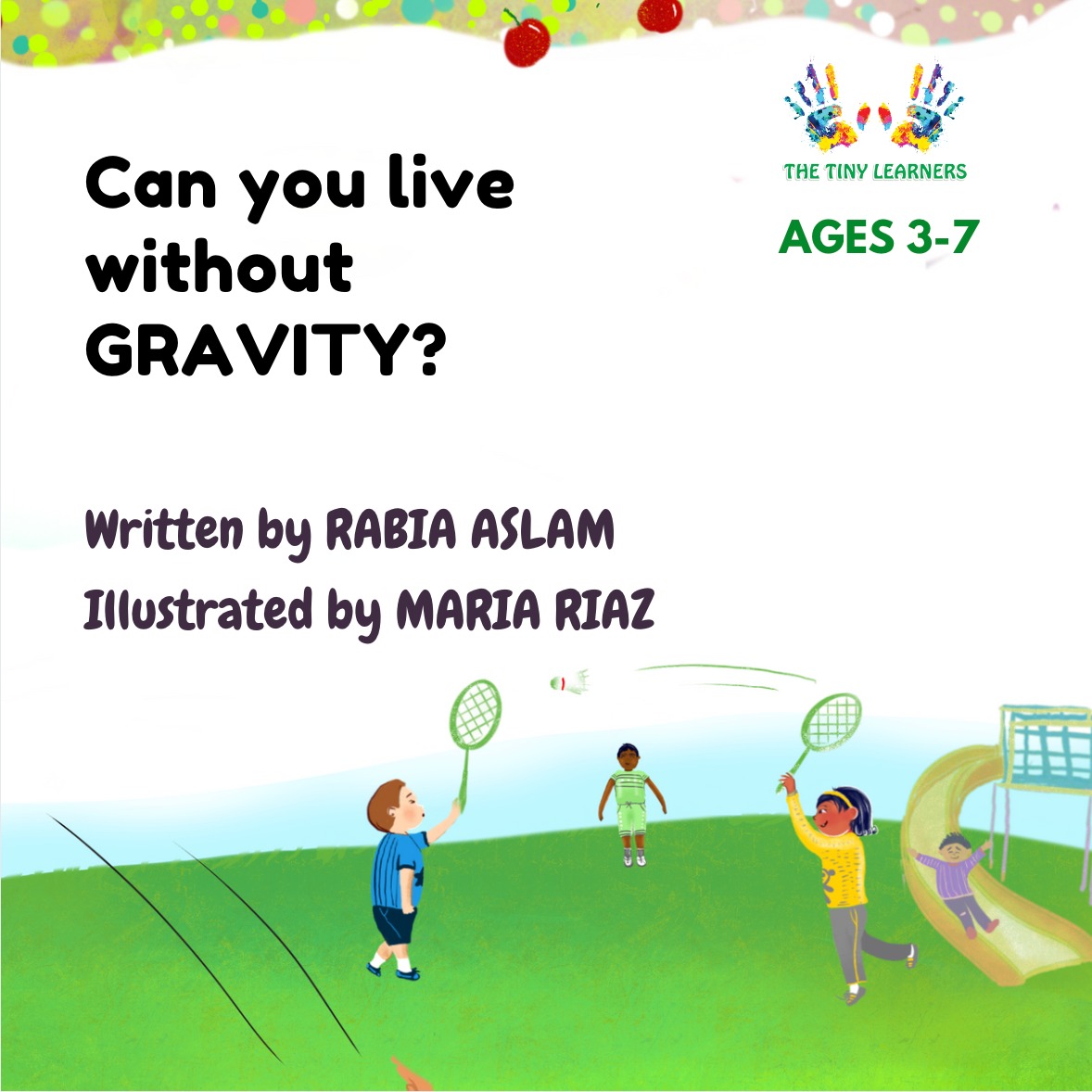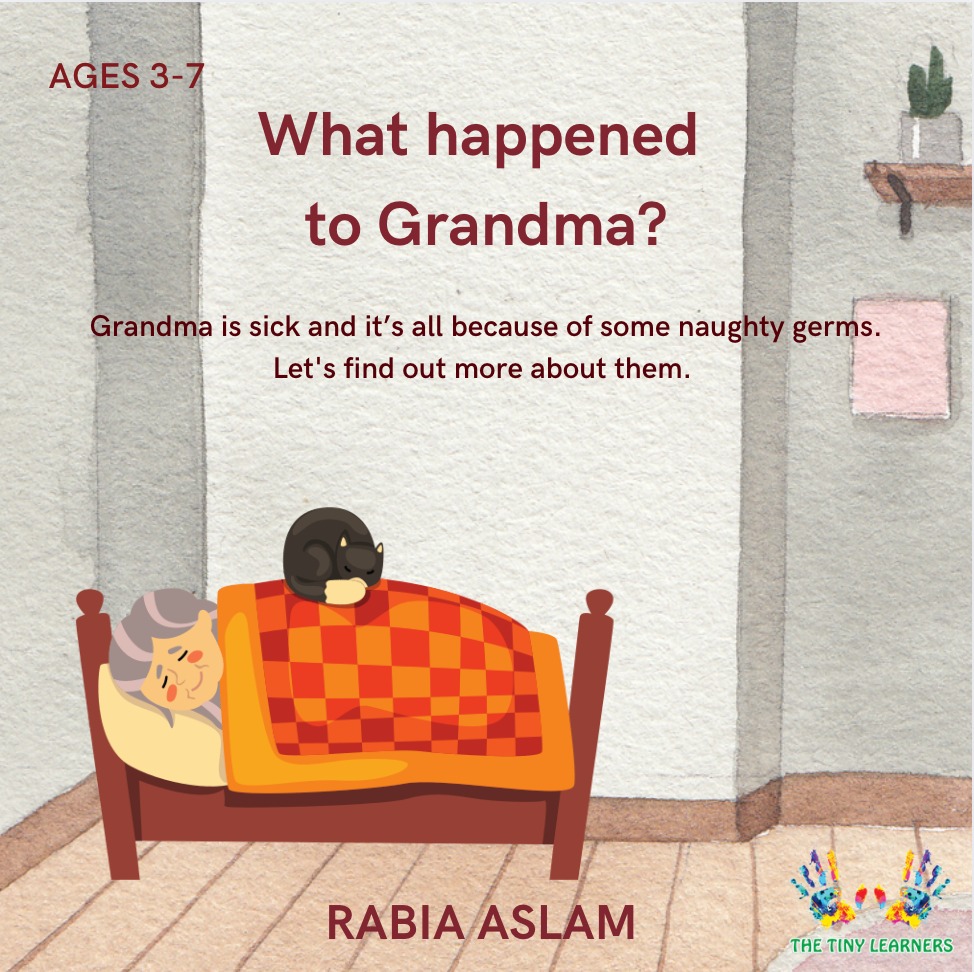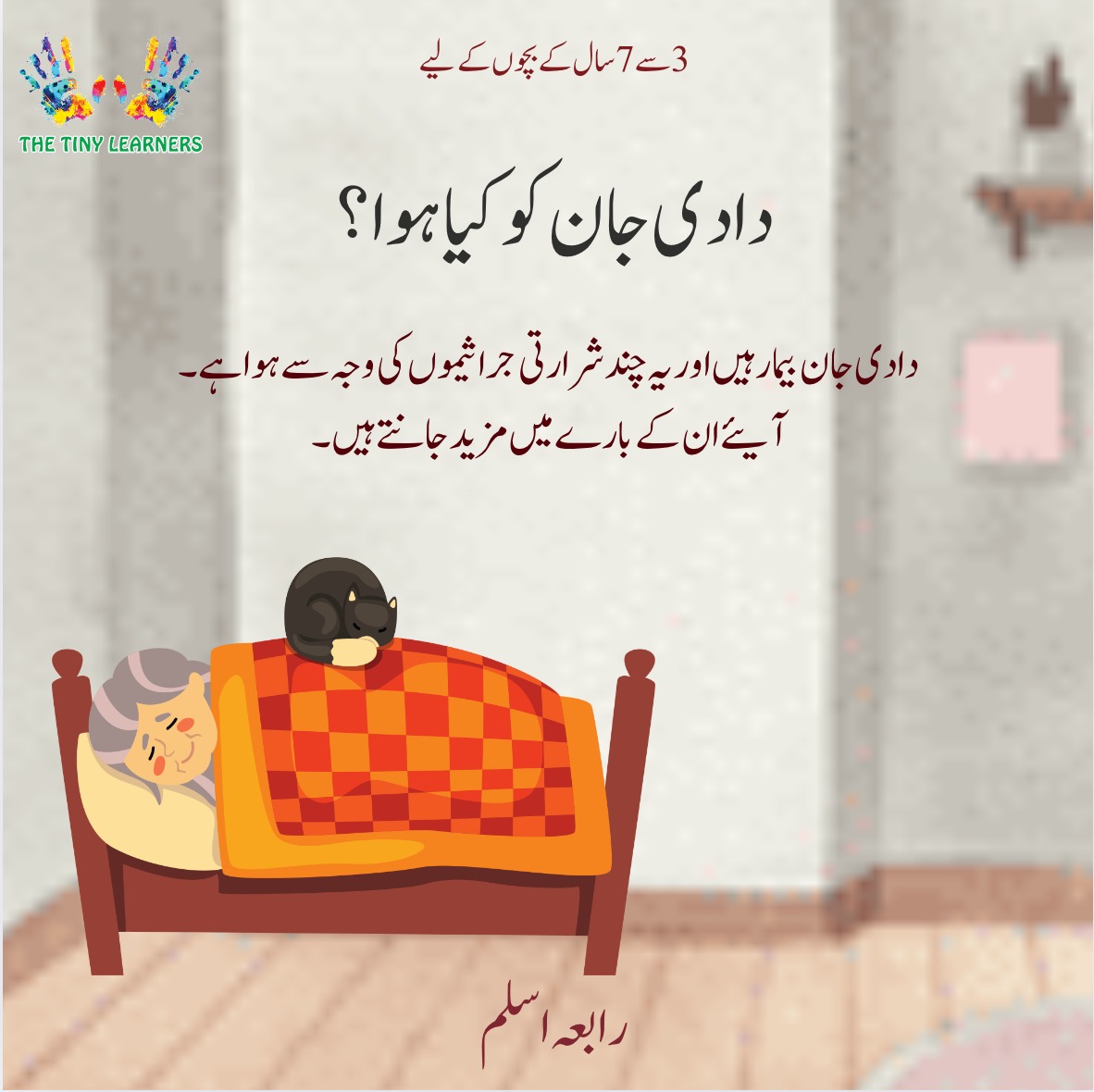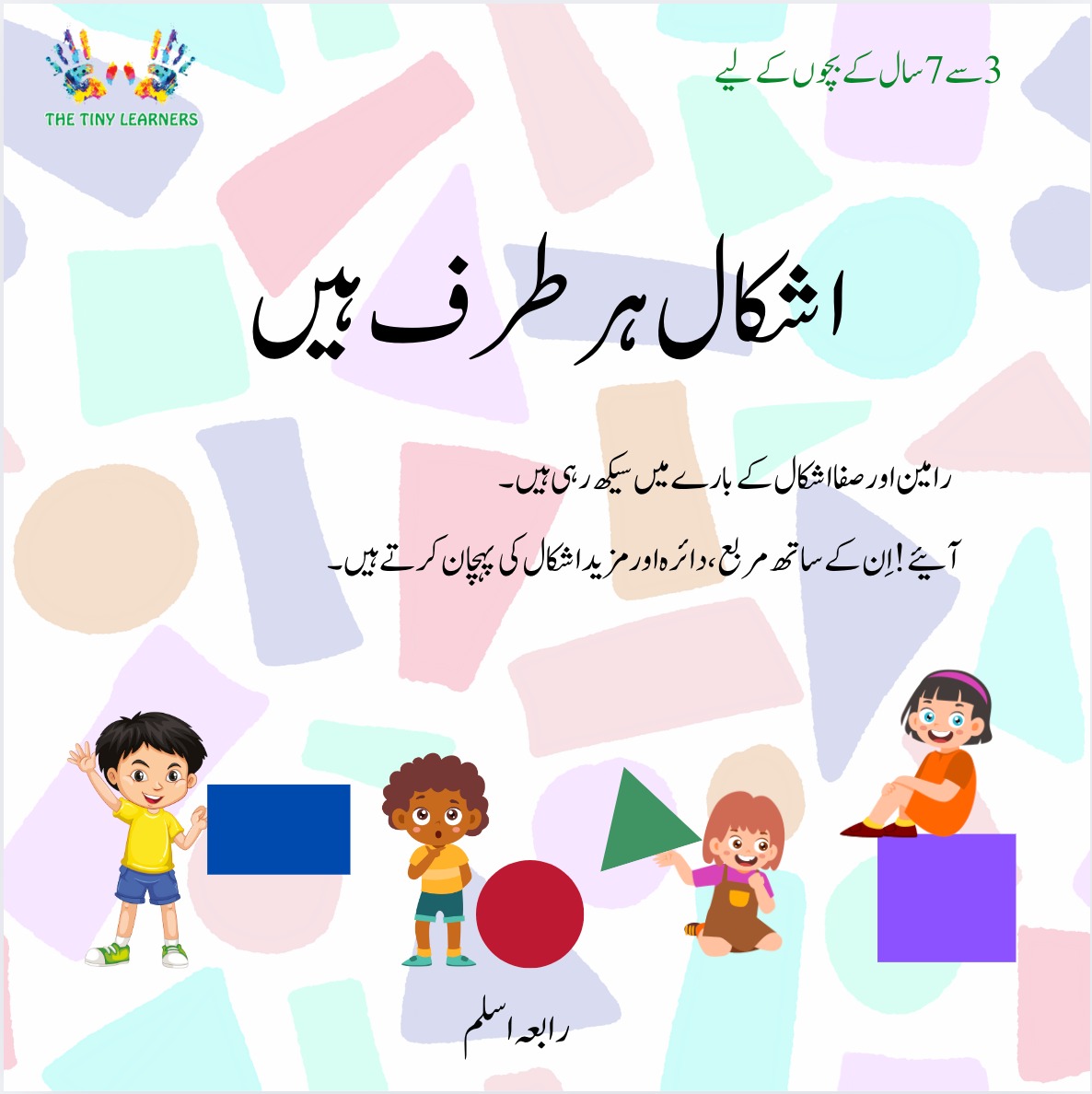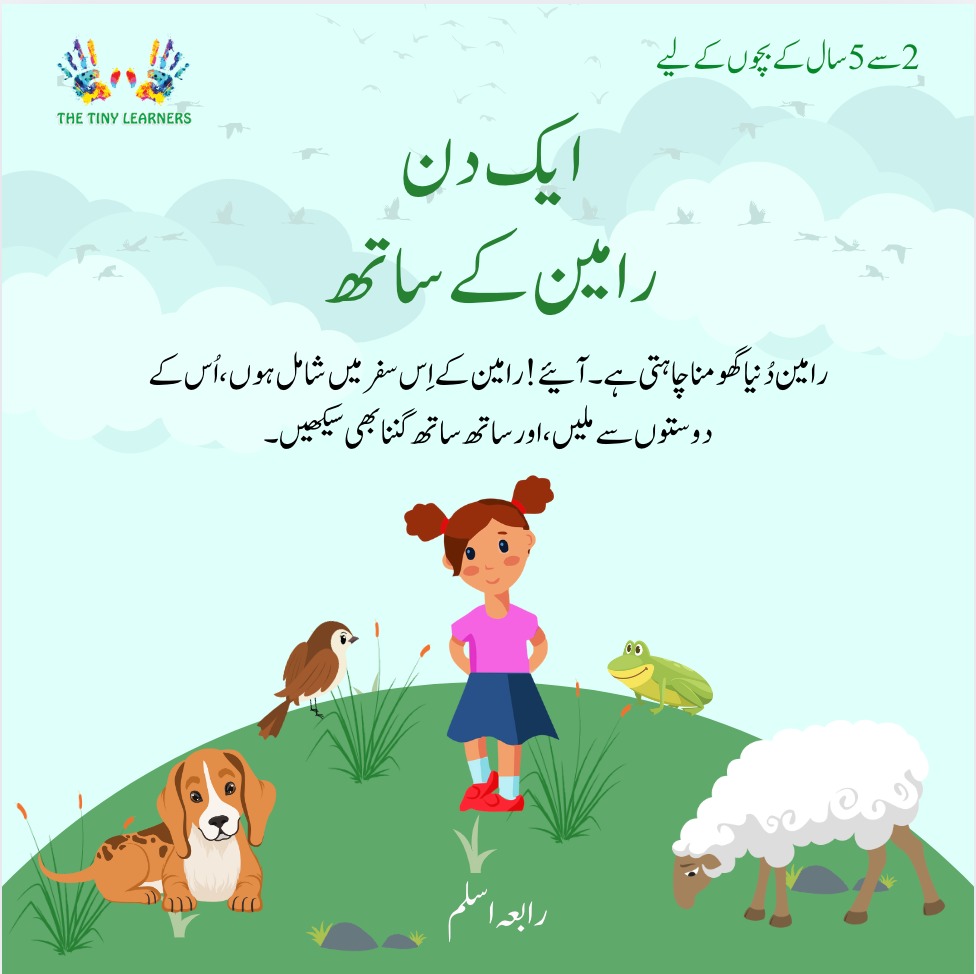"📚 Unlock the World of Science and Math with The Tiny Learners! 🧪🔢 Dive into the magic of learning with our 7 captivating storybooks, designed for curious minds aged 3-7. 🌟 Let your child's imagination soar while they explore the wonders of STEM. 🚀Because every child deserves to experience this.To shop these books go to our website www.thetinylearners.com/shop And to register for an exciting free storytelling session, visit the link. https://forms.gle/9nw2Wqycm3nDdVLt9 #TinyLearners #STEMBooks #ScienceForKids #MathMagic #EarlyLearning #EducationalBooks #FunLearning #CuriousKids"
Posted by The Tiny Learners on Monday, October 16, 2023
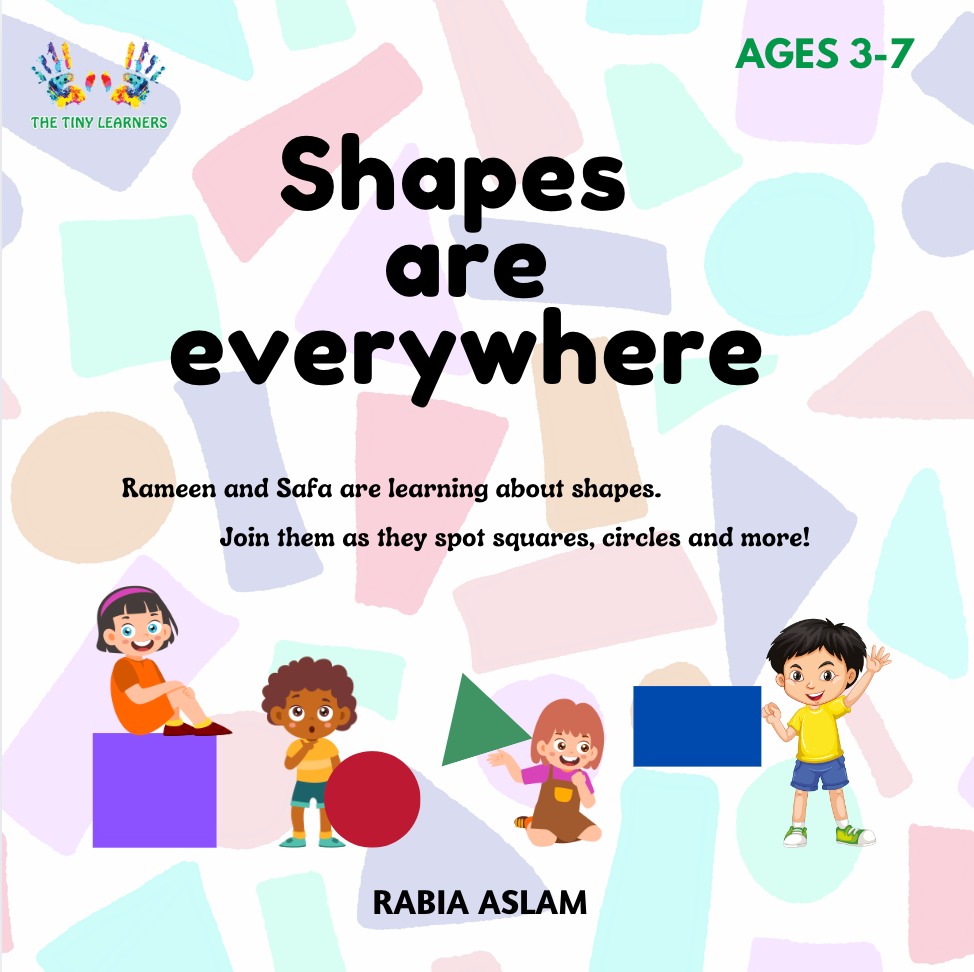
the tiny learners
shapes are everywhere
